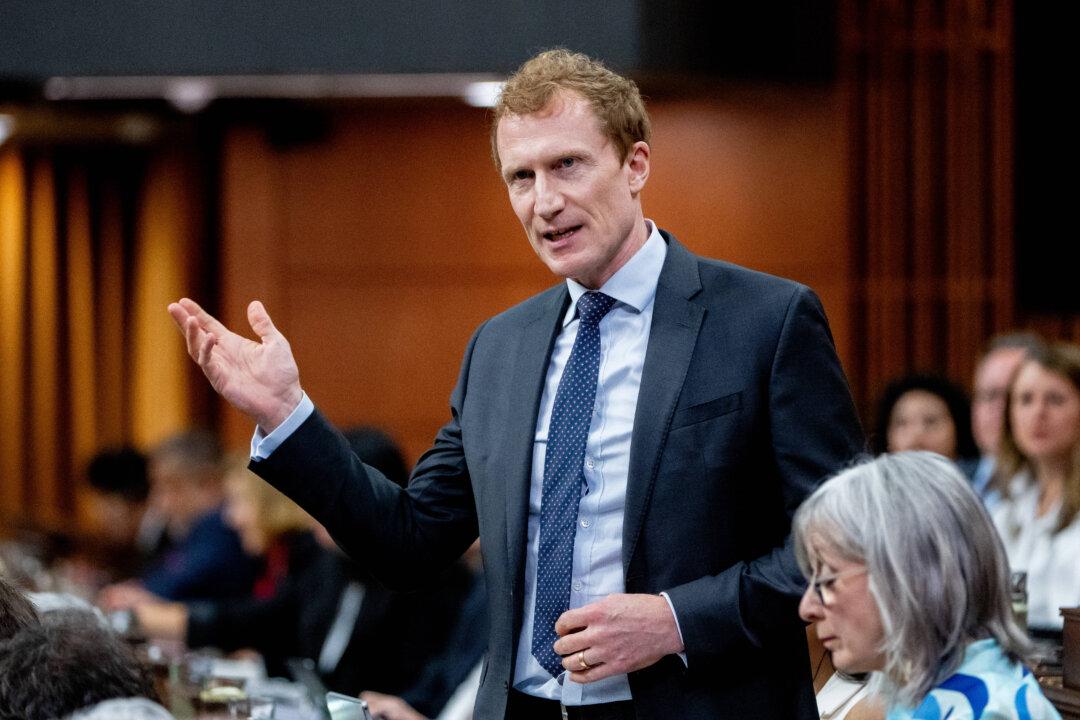It wasn’t long ago that discussing the topic of immigration was politically taboo, but it could feature prominently the next time Canadians go to the polls, according to the man in charge of overseeing the matter in Ottawa.
Immigration Minister Marc Miller told Reuters on Aug. 1 that he sees immigration as becoming “a top issue, if not the top issue, in the next election.”





